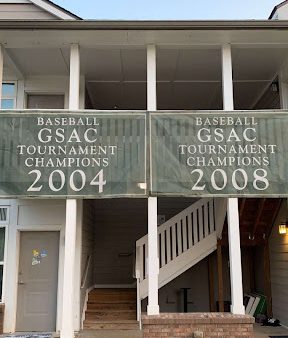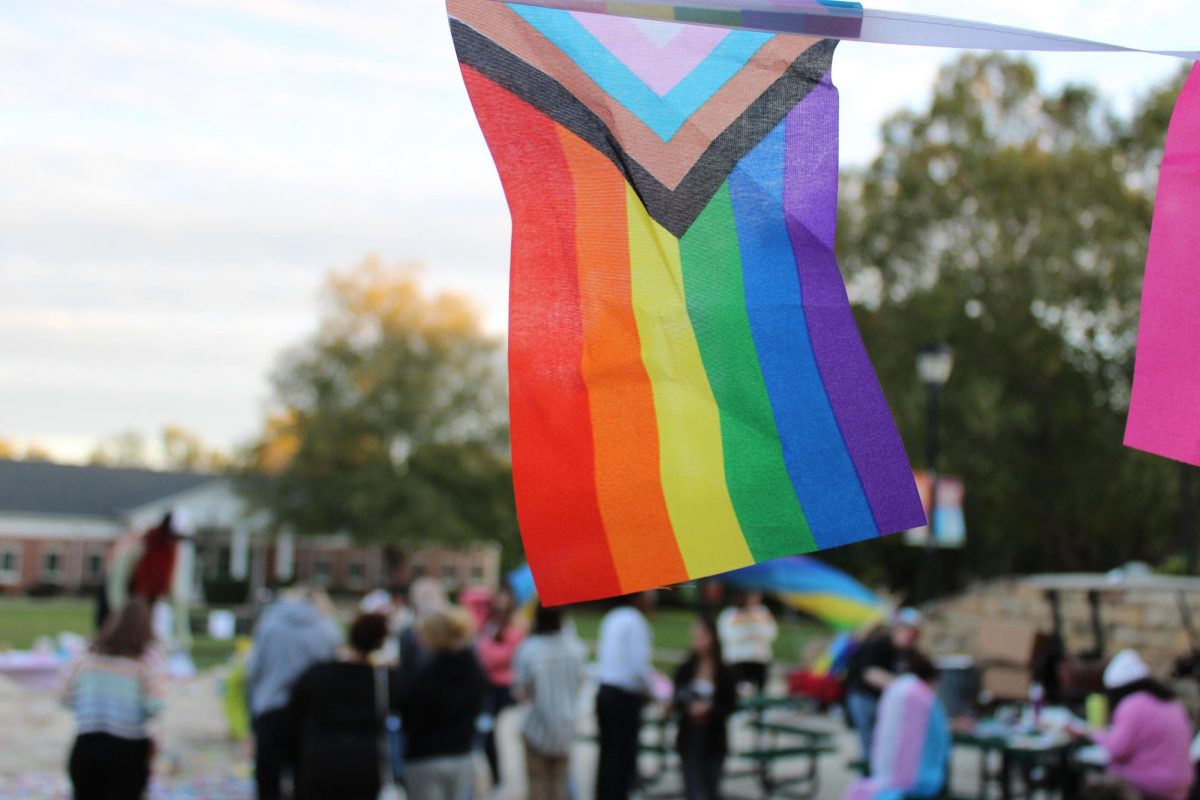Best Column (1st place) from the College Media Association.
Growing up homeschooled, I was very sheltered. I only learned one view of the world from my small community. Each week, I would attend a couple of classes with other homeschooled students, all taught by their mothers.
One day in sixth grade, the school separated the boys from the girls to talk privately. The moms sat the girls down to discuss the differences between boys and girls.
“As a woman, you need to understand the power of your body and the importance of keeping yourself chaste,” they said, handing out a piece of paper and asking everyone to take a piece of it.
They lifted the remaining amount of paper. Bent, torn, and shredded.
“Now will your future husband want this?”
This lesson taught the girls in the room how our bodies are seen as distracting and “tempting” to the boys around us. That it was our duty to keep the boys around us from giving in to their temptation — us.
I remember looking out the window at the boys playing with a soccer ball in the parking lot. I looked around the room, seeing the faces of the young women around me, some nodding in agreement, others watching in shock, but no one saying a word.
Though I wanted to speak up, I stayed silent as I am told to.
I wish I had been taught a different message when I faced the world. I took a job at 17 and was assaulted by the senior owner, an experience shared with several other silent women.
At my next job at 19, I sobbed after work every day from being sexualized by customers and coworkers, yet I stayed quiet.
I was assaulted again in college and stayed silent yet again.
I felt like the broken piece of paper I was taught about. I never wanted a hand laid on me. Was it how I dressed? Was it how I talked?
I was too scared to say no, so it must have been my fault.
I later understood that silence is not consent. Though my mind tried to forget, my body never did. I felt unwanted and unvalued with every hand laid on me.
Nationwide, 81% of women reported experiencing some form of sexual harassment and/or assault in their lifetime.
This is not just a bunch of torn-up pieces of paper, but rather real women who were treated as an object. Instead of teaching women to stay silent and to view our bodies as an object for men, why not teach women how to speak out about the disrespect given to them?
I thought everyone who learned what happened would see me as I felt — bent, torn and shredded.
I was taught to feel ashamed and unwanted by my experiences.
I had to redefine my faith. It should not be tainted by what I have been raised to believe but by what I know to be true.
This 81% of women are wanted.















